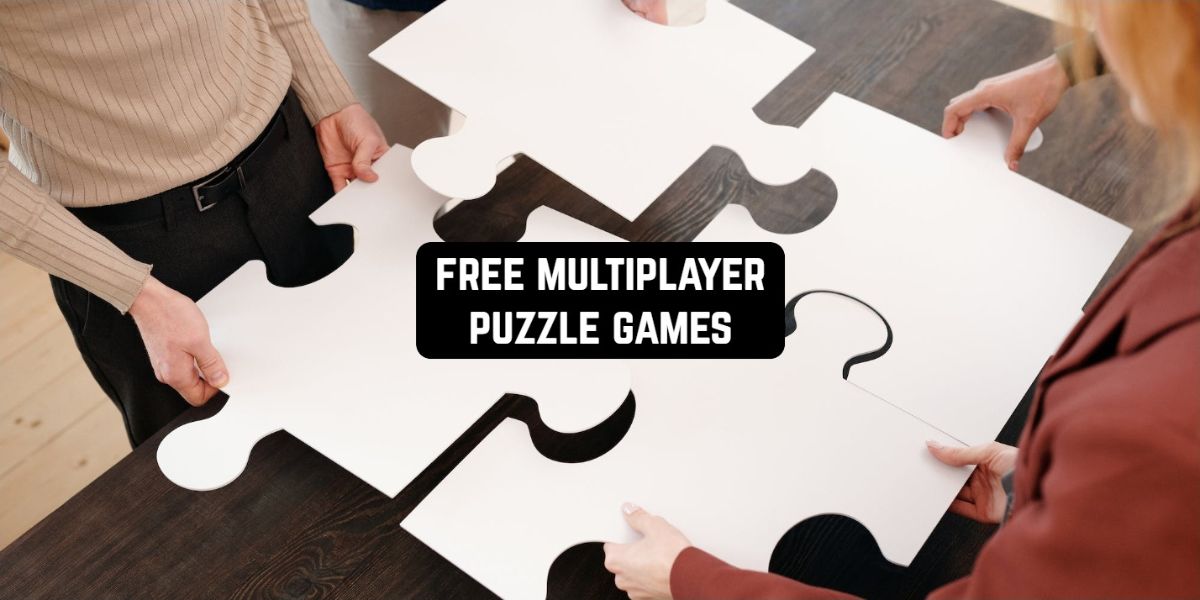Unlock Your Mind's Potential With Testing Puzzle Games
Testing puzzle games offer an intriguing chance for boosting cognitive function and mental skill. These brain-teasers, ranging from logic-based dilemmas to elaborate jigsaw puzzles, not only offer entertainment but also stimulate essential reasoning and hone analytical skills. The real impact of these games on cognitive development may expand much beyond plain amusement.
Advantages of Puzzle Gamings
Participating in puzzle video games offers a plethora of cognitive benefits that extend past mere amusement. These video games promote different cognitive processes, improving psychological skill and problem-solving abilities. Routine participation in puzzle-solving activities can enhance memory by urging the brain to create connections and keep details. This is accomplished with pattern recognition and the psychological control of shapes and concepts, which are important components of several problems.
Additionally, puzzle video games enhance concentration and interest to information. As players submerse themselves in addressing complicated issues, they create the capacity to concentrate for prolonged periods, a skill that is transferable to real-world circumstances. In addition, challenges usually call for a tactical method, promoting important thinking and the capacity to assess situations from numerous viewpoints.

Sorts Of Challenging Puzzles
Challenge video games been available in a varied range of types, each offering distinct challenges that accommodate different cognitive skills. These problems vary from the traditional to the modern, interesting gamers in different methods. One of the most prominent kinds is the reasoning puzzle, such as Sudoku, which calls for deductive thinking and pattern recognition. These puzzles test the player to fill out missing out on components based on offered restraints, fostering essential reasoning.
Another classification is the jigsaw challenge, which use spatial recognition and visual understanding. By assembling together small sections to develop a full photo, players boost their ability to envision and rotate objects psychologically. Crossword challenges, on the various other hand, are language-based, difficult individuals to recall vocabulary and synonyms, consequently exercising spoken skills and memory.
In addition, there are mechanical challenges, like the Rubik's Cube, which demand critical preparation and hand-eye sychronisation. These challenges require a sequence of steps to reach the desired end result, encouraging players to think a number of actions ahead. Electronic problems, such as escape area games, combine numerous aspects of reasoning, spatial reasoning, and synergy in a digital atmosphere, offering a comprehensive obstacle that boosts multiple cognitive faculties all at once.
Improving Cognitive Skills
The benefits of challenge games expand past home entertainment, working as useful devices for boosting cognitive skills. Involving routinely in these mentally revitalizing tasks can substantially hone different psychological faculties, such as analytic, memory, and focus to information. Problem games call for players to think seriously and strategically, cultivating an atmosphere where abstract reasoning is essential. This repeated workout of imagination boosts neural links, advertising cognitive adaptability and flexibility.
Furthermore, problem video games play an essential duty in improving memory retention. Additionally, challenges often demand continual focus and emphasis, which can improve focus skills over time.
In addition, the problem-solving aspect of challenges motivates innovative thinking, as players find out to come close to challenges from various angles. This ability is specifically important in dynamic job atmospheres, where innovative services are typically needed. Overall, challenge games contribute in promoting a sharper, a lot more active mind.
Selecting the Right Video Game
Picking the right problem game is essential for maximizing cognitive advantages. Selecting a video game tailored to your rate of interests and cognitive objectives can significantly boost your psychological skill. Various problem games target various cognitive skills, such as problem-solving, memory, spatial thinking, or logical reasoning. For that reason, recognizing the certain cognitive skills you want to create is the initial action in picking a suitable game.

Furthermore, considering your personal rate of interests can maintain inspiration and involvement, which are important for long-term cognitive advancement. A game that aligns with your hobbies or passions will likely hold your passion much longer, guaranteeing consistent cognitive exercise. Eventually, selecting a game that aligns basics with both individual rate of interests and cognitive objectives will certainly yield the most useful results, promoting a effective and appealing psychological workout.
Tips for Making The Most Of Benefits
To completely harness the cognitive advantages of challenge video games, it is necessary to utilize techniques that optimize their effect - Multiplayer puzzle games for free. Uniformity is essential; routine interaction with challenge video games can lead to sustained cognitive advantages. Reserve committed time each day to engage with these video games, ensuring it enters into your routine. Variety matters. Diversifying the kinds of problems you play-- such as crosswords, Sudoku, or logic puzzles-- stimulates various cognitive abilities and protects against psychological stagnancy.
Starting with less complex Your Domain Name problems and progressively tackling even more tough ones can boost analytic abilities and cognitive resilience. It is also beneficial to involve in reflective technique; after finishing a challenge, take a moment to analyze the methods you used and consider alternate methods.
Verdict
Integrating challenging problem video games right into everyday routines offers significant cognitive advantages, enhancing mental acuity and problem-solving abilities. By involving on a regular basis with a variety of puzzles, such as logic games, crosswords, and jigsaws, individuals can improve memory retention and vital thinking skills.
Challenging challenge video games offer a fascinating opportunity for improving cognitive function and psychological acuity.Puzzle video games come in a varied selection of kinds, each offering unique obstacles that provide to various cognitive skills.The advantages of problem video games prolong past amusement, serving as important devices for boosting cognitive abilities. Different problem video games target various cognitive skills, such as analytic, memory, spatial reasoning, or rational reasoning. Diversifying the types of challenges you play-- such as crosswords, Sudoku, or logic challenges-- promotes various cognitive skills and protects against psychological torpidity.